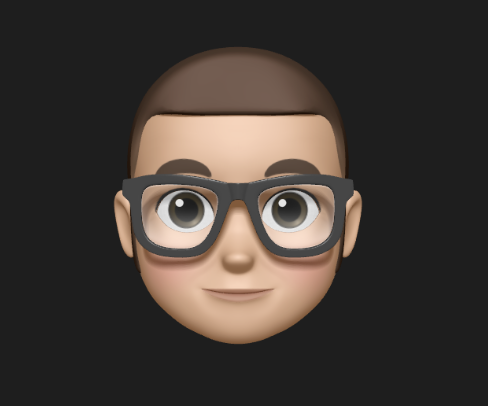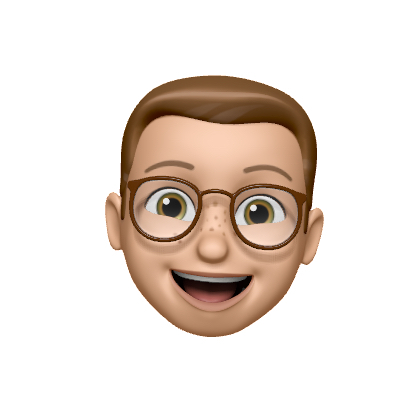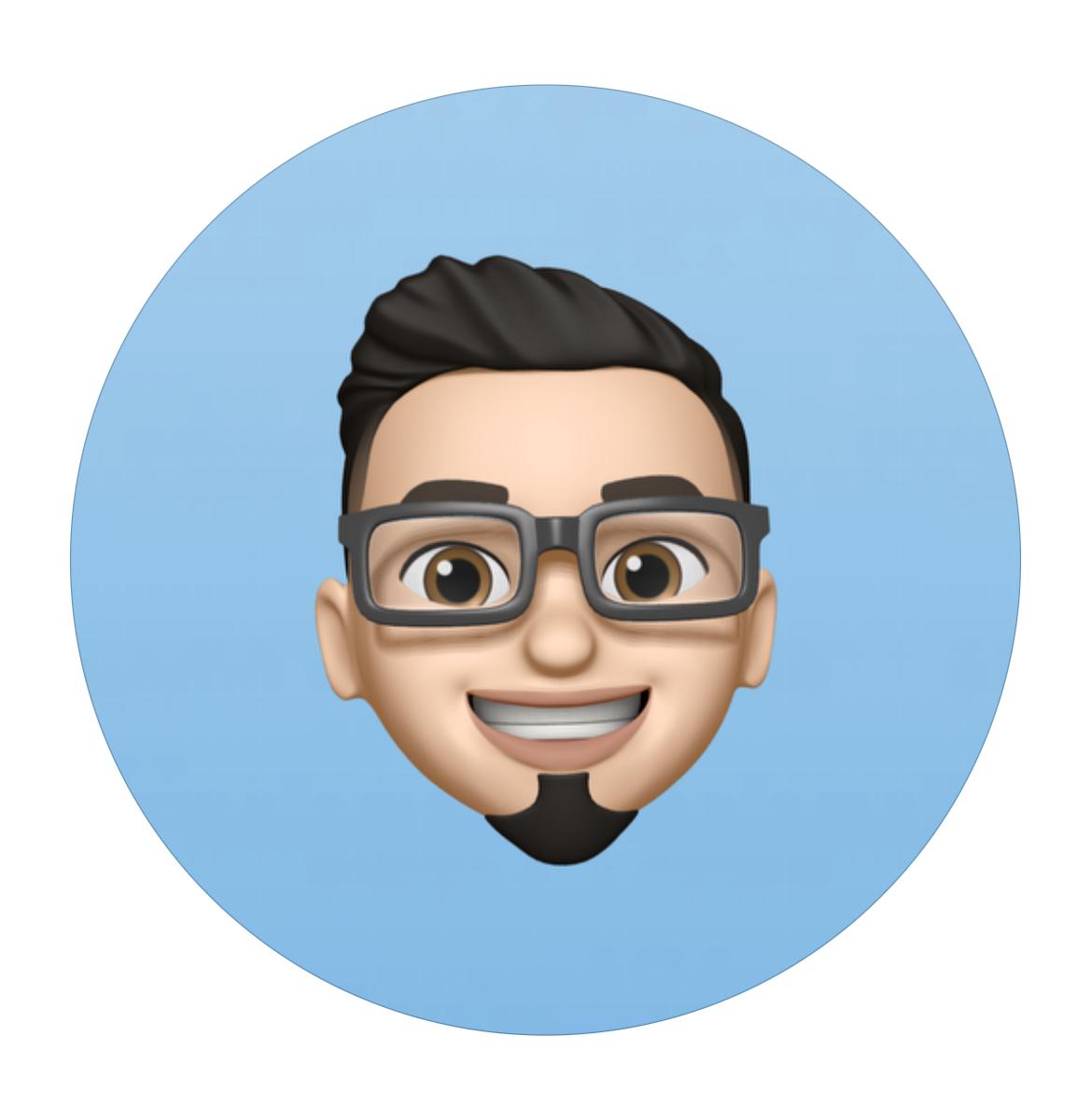 Freelancer tips
Freelancer tips What Are SMEs in Mexico? A Guide for Freelancers & Entrepreneurs
Freelancing in Mexico? Partner with SMEs to boost your career — here's all you need to know.



In the world of freelance programmers, every line of code can make a difference. And what if I told you there's a key secret behind the success you're seeking in your career? Yes, as you might guess, we're talking about decimal and binary systems. But why are they so important?
All we can reveal for now is that these systems are essential for unlocking your maximum potential as a freelance programmer. So, we invite you to uncover the mysteries that can propel your career to new heights, offering you a unique advantage in the market.
It's a numeration system centered around the idea that each position within a number represents a power of ten. Here, we have 10 different digits, from 0 to 9, and we use 10 as the base for calculations and to figure quantities.
The decimal system is the most popular in everyday and commercial use worldwide. Freelance programmers often use it in personal projects or in software development for commercial, financial, or consumer applications. This is because quantities are usually expressed in decimal terms for users to understand and manipulate more easily.
For example, the number 356 is equal to: 3 hundreds, 5 tens, and 6 units in the decimal system. Expressed in base 10 powers, it would be: 3*10^2 + 5*10^1 + 6*10^0, which translates to: 300 + 50 + 6.
This numeric system is based on two digits: 0 and 1. Unlike the decimal system, which uses ten digits (from 0 to 9), this one uses only two, making it the fundamental base of digital computing.
This system is essential for freelance programmers, as it establishes the foundation of all digital computing and programming. Each position in a binary number corresponds to a power of two, just as in the decimal system, these positions represent a power of ten.
For example, the binary number 1010 breaks down into: 1×2^3 + 0×2^2 + 1×2^1 + 0×2^0, which translates to: 8 + 0 + 2 + 0. So, in the binary system, 1010 is equivalent to 10 in the decimal system.
The conversion process involves dividing the decimal number by 2 repeatedly until the quotient is 0. Then, you read the remainders from the divisions bottom-up to get the binary number. The steps are as follows:
1. First, divide the decimal number by 2.
2. Record the remainder of the division (0 or 1).
3. Divide the resulting quotient again by 2 and record the remainders.
4. Continue dividing consecutively by 2 until the quotient is 0, recording each remainder.
5. Once you've achieved a quotient of 0, read the remainders in reverse order to obtain the binary number.
Suppose you want to convert the decimal number 15 to binary:
15 / 2 = 7 with a remainder of 1.
7 / 2 = 3 with a remainder of 1.
3 / 2 = 1 with a remainder of 1.
1 / 2 = 0 with a remainder of 1.
Since we've reached a quotient of 0, we've completed the division. Reading in reverse order, you have 1111, the binary number equivalent to 15 in decimal.
Now, how to convert binary to decimal? In this case, you add up the values of the powers of 2 corresponding to each binary digit. Here's an example of converting binary to decimal step by step:
1. Start by writing down the binary number you want to convert to decimal.
2. Assign powers of 2 to each binary digit, starting from the right and increasing towards the left. The power of 2 for the rightmost bit is 2^0, then 2^1, followed by 2^2, and so on.
3. Multiply each binary digit by the corresponding power of 2.
4. Add all the results of the multiplications to get the decimal number equivalent.
For example, if you want to convert the binary number 1101 to decimal, it would be:
1 * 2^3 (for the leftmost bit) = 8
1 * 2^2 (for the next bit) = 4
0 * 2^1 (for the next bit) = 0
1 * 2^0 (for the rightmost bit) = 1
Adding the results, you have 8 + 4 + 0 + 1 = 13. So, the binary number 1101 is equivalent:
1 * 2^3 (for the leftmost bit) = 8
1 * 2^2 (for the next bit) = 4
0 * 2^1 (for the next bit) = 0
1 * 2^0 (for the rightmost bit) = 1
Adding up the results, you get 8 + 4 + 0 + 1 = 13. Thus, the binary number 1101 is equivalent to 13 in decimal.
In this sense, creating scripts in languages such as JavaScript or Python can help you automate the conversion between numerical systems.
Below is a table showing converted decimals and binaries.
Decimal Number | Binary Number |
0 | 0 |
1 | 1 |
2 | 10 |
3 | 11 |
4 | 100 |
5 | 101 |
6 | 110 |
7 | 111 |
8 | 1000 |
9 | 1001 |
10 | 1010 |
These are examples from 1 to 10 to illustrate how conversions between decimal and binary systems are performed. However, you can follow the steps described to make conversions with other numbers as needed.
There are various reasons why these systems are important in your career as a freelance programmer.
Some of them include:
Digital Data Representation. These systems are pillars of data representation in computer systems. Therefore, understanding their operation is vital to being able to manipulate and work with them efficiently.
Information Encoding. It's common to handle data encoded in binary systems, especially if you're developing software. Consequently, knowing how to encode information in binary benefits you when working with data and effectively developing robust applications.
Optimization of Algorithms and Operations. Often, working directly with binary data can be more efficient than working with decimal data in terms of memory usage and processing speed. As a programmer, you could leverage this knowledge to optimize operations and algorithms, achieving better performance in applications and programs.
In summary, decimal and binary systems are key to unlocking your maximum potential. Not only do they help you have a deep understanding of computing, but they also allow you to tackle more complex programming challenges.
Moreover, understanding numerical systems is universally relevant, regardless of the programming language or technology you use. Such versatility is crucial for your career as a freelancer, as you'll often need to adapt to different requirements, projects, and teams.
This knowledge, combined with the ability to apply systems in practical contexts, can serve to increase your salary as a programmer.
Ultimately, we suggest exploring platforms to find remote employment opportunities if you're looking for remote job opportunities. These sites will help boost your freelance career.
Additionally, they give you the option to receive your payments in your local currency or in dollars, as long as you choose services like DolarApp.
You can also create an attractive profile and apply to secure employment at large companies. Working at Google, for instance, is a great option if you want to grow and enjoy its benefits.

The world has borders. Your finances don’t have to.
 Freelancer tips
Freelancer tips Freelancing in Mexico? Partner with SMEs to boost your career — here's all you need to know.

 Freelancer tips
Freelancer tips If I am a freelancer, do I have to pay taxes? Yes, you must if you live in Mexico and generate income through Fiverr or other platforms

 Freelancer tips
Freelancer tips Learn in this post how to calculate simple, double, and triple overtime hours, according to the rules set out by Mexico’s Federal Labor Law.


